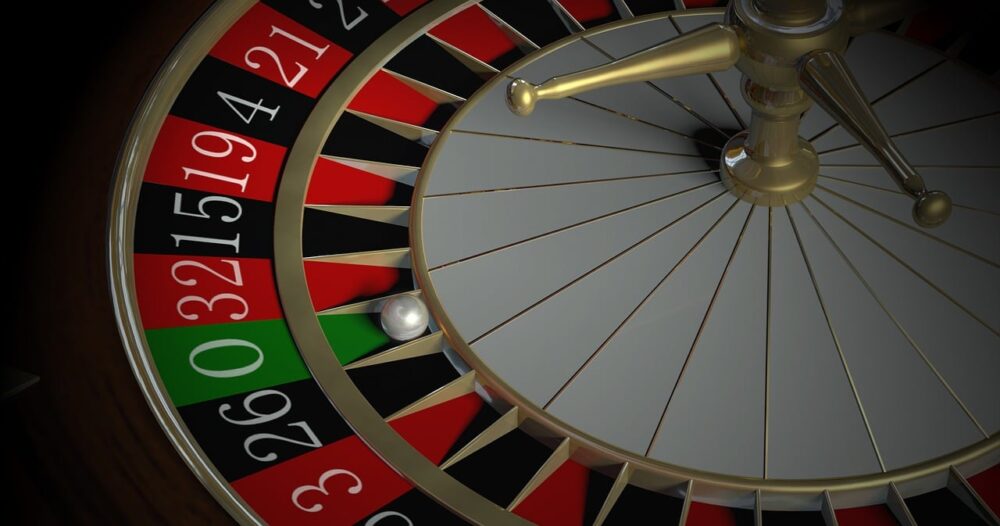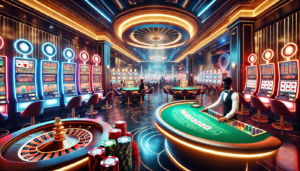The Roulette Revolution: Game’s Legacy from Its Historic Origins to Digital Dominance

Roulette has captivated gamblers for centuries with its simple yet suspenseful format. As the iconic spinning wheel is launched into motion, players anxiously await where the ball will land, bringing both agony and ecstasy with each turn. From its conception in 18th century France to today’s online adaptation, roulette has endured as a staple of casino gaming.
The Birth of the Roulette Wheel
The name itself comes from the French word for “little wheel.” While early versions, in the 17th century, were primitive, using a basic spinning wheel with slots and lacking key features like the betting layout, it provided the framework for what would become one of gambling’s most beloved games.
Over the next hundred years, roulette evolved with the addition of the green zero slot – giving the house an edge – and the betting grid that allowed wagers on individual numbers, colours, high/low and more. This coalescence of the wheel and betting surface created the roulette experience that players around the world now enjoy.
Understanding the Draw of Roulette
At its core, roulette’s appeal lies in its simplicity and randomness. With just the spin of the wheel, players have the chance to win big or lose it all, injecting each round with anticipation.
The game also allows flexibility, with options to make riskier bets on single numbers for bigger pay-outs or take safer bets on colours/evens that offer better odds. This ability to control wagers gives players input despite the randomness of the spins.
Of course, the pace and excitement of observing the bouncing ball as it clicks across the wheel slots and finally settles, sealing the fates of all bets, creates an exhilarating experience unlike any other casino game.
Famous Betting Systems and Strategies
In attempts to “beat” the house edge, many players over the years have developed roulette betting systems and strategies. Two of the most well-known include:
- The Martingale System: This method involves doubling bets after each loss, so that the first win recoups all previous losses. While popular, it can risk large amounts of money.
- The Fibonacci System: Players increase bets according to the Fibonacci sequence, which follows a mathematical pattern. This offers more measured betting but requires deep pockets to follow the progression.
While these systems can produce wins in the short term, the random nature of roulette means they cannot guarantee sustained success. The house always has the mathematical edge in the long run.
The Allure of Roulette in Pop Culture
The spinning red and black wheel of a roulette table is one of the most iconic images of casino gambling. As such, references to roulette abound throughout films, television shows, music, and literature, cementing its prominent place in pop culture.
In films, some of the most famous roulette scenes include James Bond betting it all on number 17 in Casino Royale. The high stakes and sophistication of the game fit perfectly with 007’s character. In the Hangover, the guys use the game to try to quickly make back the money they lost. Roulette has made appearances in countless other films as a way to represent the excitement and risk of casino gambling.
On television, roulette wheels spin in the background of scenes set in casinos or to represent characters taking major risks. For example, in Friends, Chandler gambles away money meant for the wedding on roulette, showing how the game can tempt people to dangerously chase winnings.
Online Roulette Ushers in a New Era
With the rise of online casinos in the 21st century, roulette has entered the digital realm. Now players can enjoy their favourite wheel games like European, American, and French roulette from the comfort of home.
While the basics remain the same, online roulette offers improved convenience, same variety of wager types, bonus offers, and more immersive visuals and audio. However, nothing quite compares to the intoxicating experience of watching a real roulette wheel spin and ball bounce in anticipation.





